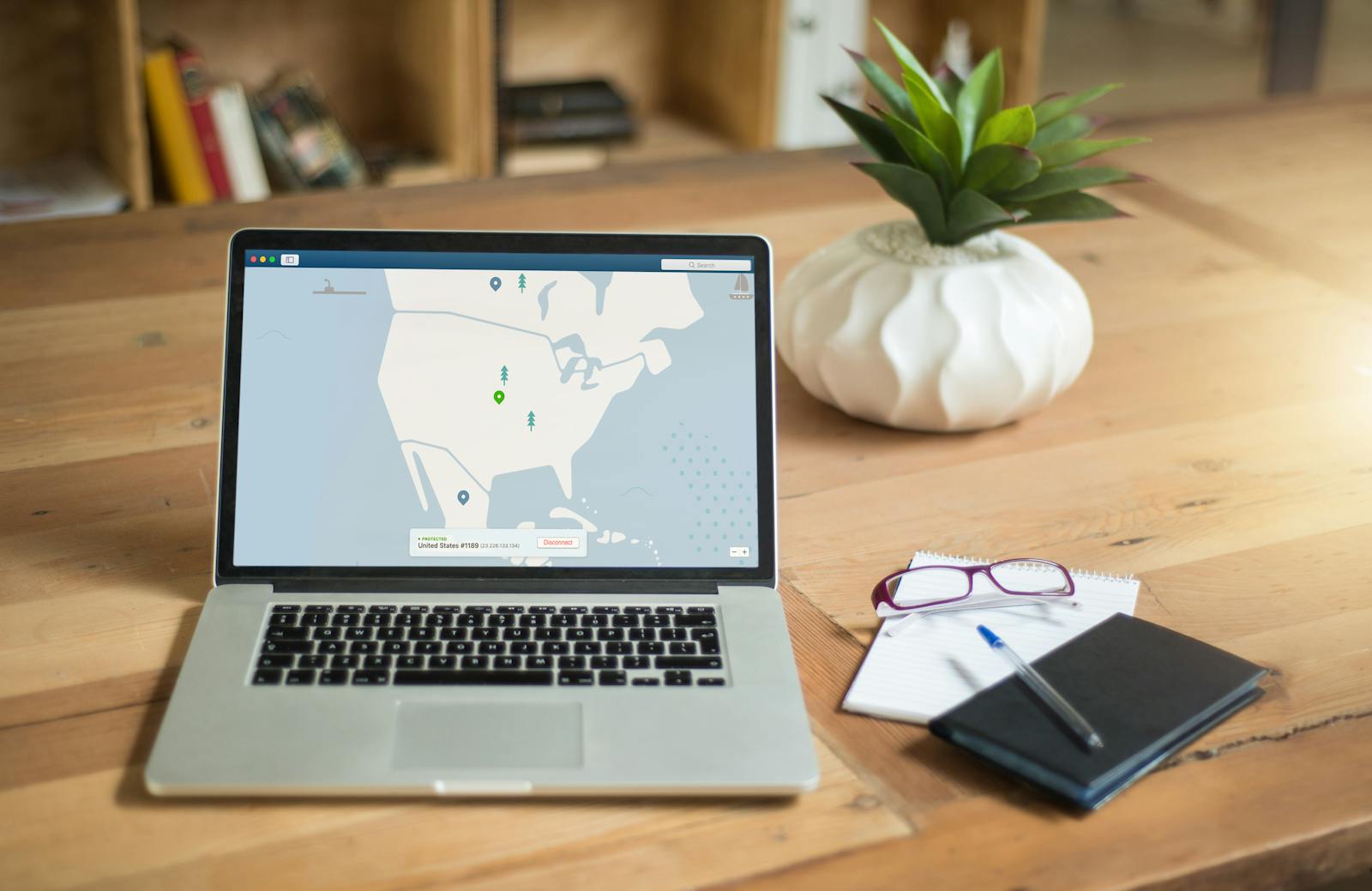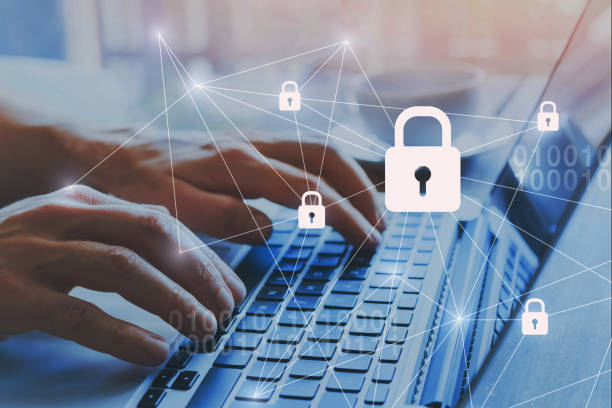
Security and privacy are key considerations for delivery apps, as they deal with sensitive data such as user information, location tracking, and payment details. The security and privacy of users must be a top priority for delivery app companies, as breaches can result in significant financial and reputational damage. This blog will explore the threats to security, privacy concerns, and steps that delivery app companies can take to mitigate risks and protect user data.
Threats to Security
Delivery app companies face a range of security threats, including data breaches, cyber-attacks, and theft of physical goods. Data breaches can occur when hackers gain unauthorized access to sensitive information such as user passwords, addresses, and payment details. Cyber-attacks can take various forms, such as malware or ransom ware attacks, and can result in the loss of data or systems downtime. Theft of physical goods can occur during transit or at the point of delivery, and can result in significant financial losses.
Mitigating Security Risks
To mitigate security risks, delivery app companies can implement encryption, conduct regular security audits, and train employees on best security practices. Encryption involves converting sensitive information into a code that is unreadable without a decryption key, making it more difficult for hackers to access. Regular security audits can identify vulnerabilities and weaknesses in security systems, while employee training can help ensure that best practices are followed at all times.
Privacy Concerns
Privacy concerns for delivery app users can include the collection and use of personal data, location tracking, and targeted advertising. Users may be uncomfortable with the collection of their personal data, as it can be used for purposes such as targeted advertising. Location tracking can also be a privacy concern, as users may not want their whereabouts to be monitored by delivery app companies.

Data Collection and Use
Delivery app companies may collect data such as user names, addresses, phone numbers, and payment details. This data can be used to improve the user experience, such as by enabling faster checkouts or more accurate delivery estimates. However, users may be uncomfortable with the collection and use of this data, especially if it is not clear how it will be used or shared.
User Controls
To address privacy concerns, delivery app companies can provide user controls such as the ability to delete their account or opt out of certain types of data collection. Giving users control over their data can help build trust and loyalty, as it demonstrates that the company is committed to protecting user privacy.
Compliance to Regulations
Delivery app companies must comply with regulations such as the General Data Protection Regulation (GDPR) in the European Union and the California Consumer Privacy Act (CCPA) in the United States. These regulations require companies to obtain user consent for data collection and use, and to provide users with transparency and control over their data.

Transparency
Transparency is a key component of security and privacy for delivery apps. Companies can be transparent with users by providing clear explanations of their data collection and use practices, as well as by being open about any security incidents or breaches that occur.
Reputation
Security and privacy incidents can damage the reputation of delivery app companies, as users may lose trust in the company’s ability to protect their data. This can lead to financial losses and a decline in user engagement.
Security and privacy are critical considerations for delivery app companies, as they deal with sensitive user data. By implementing best practices such as encryption, regular security audits, and user controls, companies can mitigate risks and protect user privacy. Additionally, compliance with regulations, transparency, and a strong reputation can help build trust and loyalty with users.
The blog explores the various threats to security that delivery app companies faces, including data breaches, cyber attacks and theft of physical goods. It also examines privacy concerns such as the collection and personal data, location tracking and target advertising. The blog suggests steps that delivery app companies can take to mitigate risks and protectusers data.including implementing.







